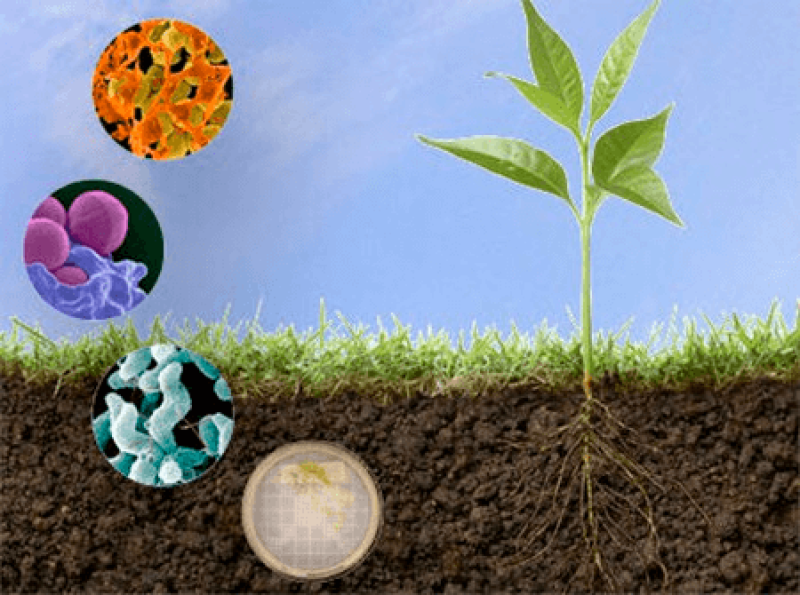There are few problems larger than the climate crisis. But one potential solution is so small it cannot be seen with the naked eye: microbes.
Tegan Nock, a 32-year-old former rancher who grew up on a farm deep in the Australian outback, is betting microbial technology in soil and crops can mitigate the effects that decades of industrialised farming have had on the planet’s ecosystems.
Nock, who co-founded farming start-up Loam Bio in 2019, has developed a microbial fungi that when applied to soil might not only improve its health but greatly enhance its ability to store carbon.
If successful, the benefits would be twofold: it would help farmers on the sharp end of the climate crisis facing increasingly unpredictable weather patterns from droughts, floods and extreme temperatures. It would also mitigate the environmental impact of a food system that contributes up to a third of the world’s greenhouse gas emissions.
The microbial version is not only more affordable, it’s also longer-lasting. When nitrogen-producing microbes adhere to plant roots, there is minimal runoff, meaning farmers need to apply less conventional fertiliser. Once applied, the microbes continue to work with the plant and, unlike conventional nutrients, do not need additional applications as the crop season progresses.































